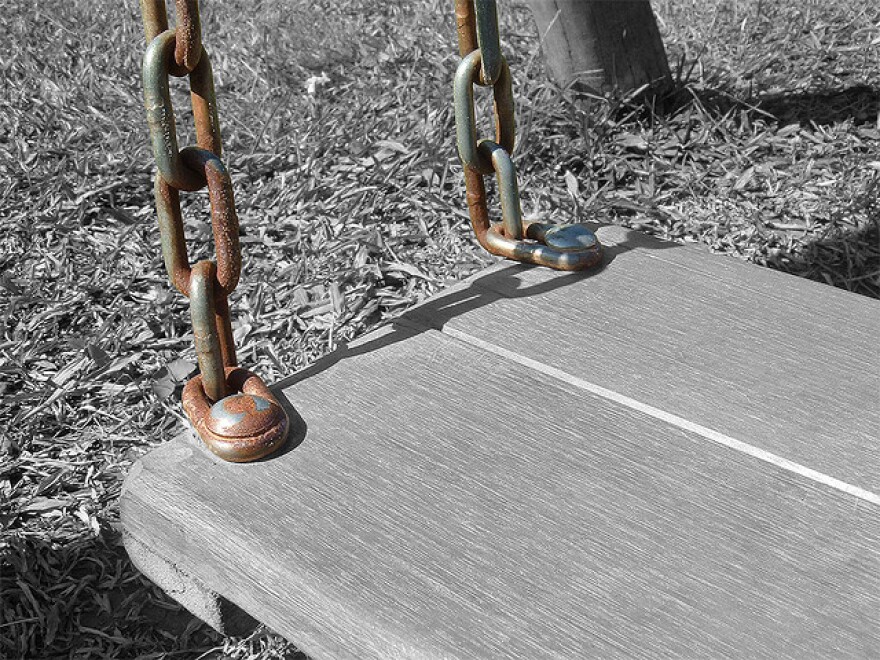If teenagers believe people are able to change, it can help reduce aggression in school. That’s the major finding of a new study from the University of Texas.
David Yeager is a professor of developmental psychology at UT. He and a team of researchers from Stanford and Emory Universities conducted eight studies with 1,600 teenagers from across the United States. They talked to rich kids and poor kids and teens from all different races and ethnicities. And they discovered that many kids who get picked on often feel like it will never end.
“It feels like those early difficulties are permanent, lasting fixtures of your life," Yeager explained. "That the people doing it to me are fixed bad people that will always act this way, and that I’m a fixed bad person maybe a loser, maybe not likeable.’”
And if that’s the case, then aggressive retaliation tends to make more sense, Yeager says. But what he and his team found was that showing teenagers that people actually have potential to change can dramatically affect how they interpret difficulties in their life.
"Instead what we find is that a good way to help kids cope, is to help them focus on the thoughts and the feelings that cause a person to behave in a negative way, because thoughts and feelings at least are things that are likely to change," Yeager said.
He says that contradicts a common strategy of telling teenagers to dismiss the people bothering them as bullies who can’t change. His study is published in the February issue of the peer-reviewed journal Child Development.


